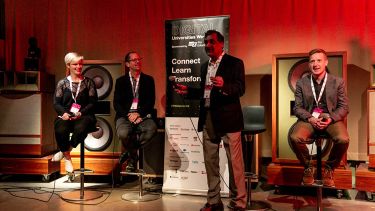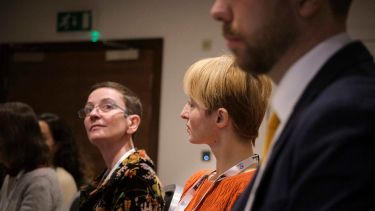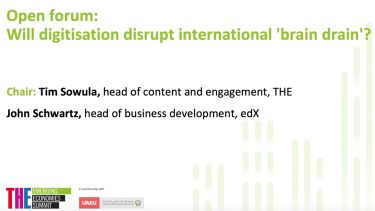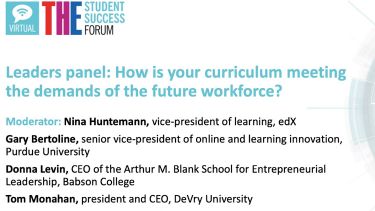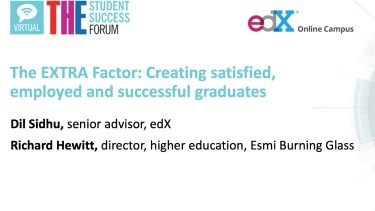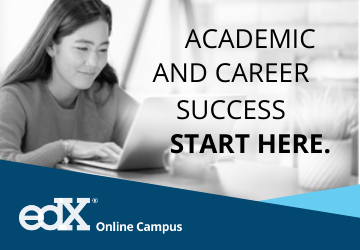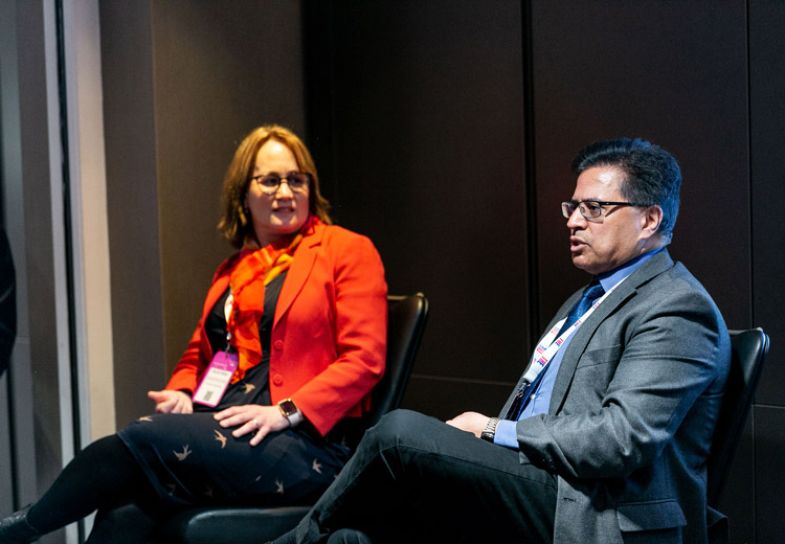
More universities are looking at community initiatives and short-term bootcamps to provide a direct link between students and the workforce
Increasingly, universities are reaching beyond the campus to provide access and opportunity to underrepresented groups, support diversity, equality and inclusion initiatives, and contribute to community and government employability initiatives.
During a discussion at THE Digital Universities Week UK 2022, Nicola Wilkin, director of education for the College of Engineering and Physical Sciences at the University of Birmingham, was joined by Dil Sidhu, senior adviser for strategic partnerships at edX, to discuss how institutions are embracing a learner-first mentality.
At the University of Birmingham, there has been a major push to bridge the gap between employers and the potential workforce, “The city of Birmingham has really been changing over the last five or six years,” Wilkin said. “The arrival of employers like Goldman Sachs has made the skills gap in the region even starker. Students want to access roles in the city that don’t fit naturally with conventional master’s programmes. They are looking instead at six-month coding boot camps that ensure they are employer-ready and able to meet the region’s needs. It’s a very different model.”
The value of this approach for the University of Birmingham partly comes from a sense of civic responsibility. Similarly, edX’s mission-driven model is about democratising education. “We have prioritised industry affiliations to improve access for people that would otherwise have little chance to study at a particular institution,” Sidhu said. “Of course, revenue streams are important but for faculty, it’s more about promoting research and content to a wider audience. Not everyone wants to do a full-scale degree, but there are other pathways for creating a better life.”
For the University of Birmingham, helping students create a better life for themselves requires closing the digital skills gap. “We work with edX’s parent company 2U to put in bids to the West Midlands Combined Authority for boot camps that, while more expensive, have a large number of scholarships available to support under-represented groups, like women in tech and ethnic minorities,” Wilkins explained. “We have worked with the student cohort to understand and support them where necessary.”
On a global level, edX is also aiming to improve accessibility. “EdX is working with a lot of global organisations to provide access to scholarship funds where other sources may not exist,” Sidhu said. “We’re also working with industry partners like IBM, Google and AWS. These institutions are keen to create their own ecosystem, which provides opportunities for individuals to gain entry-level roles. This is creating new pathways for students. We collect the data on how this improves the learning experience and share it with faculty to further enhance student outcomes.”
Find out more about edX.


